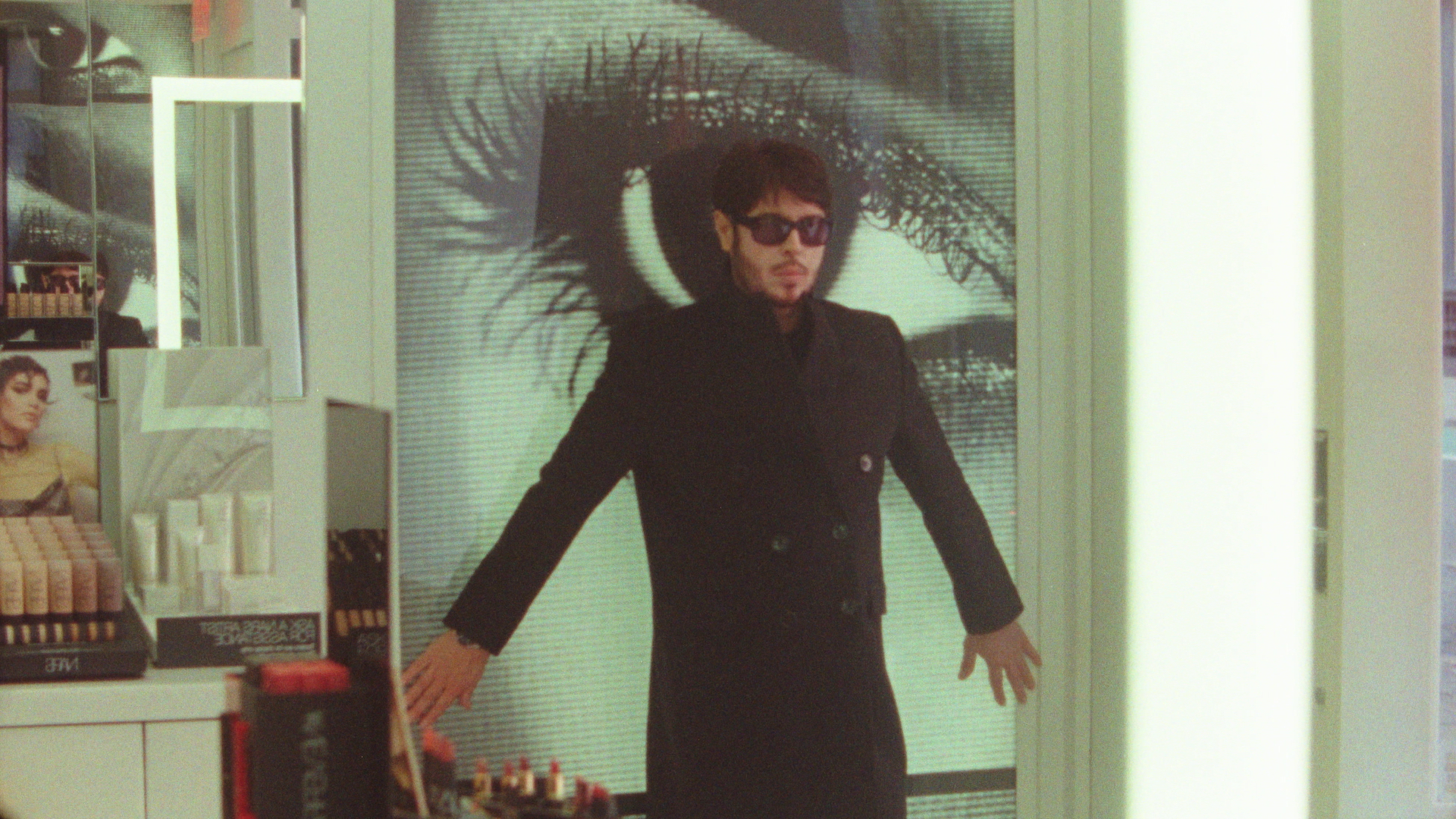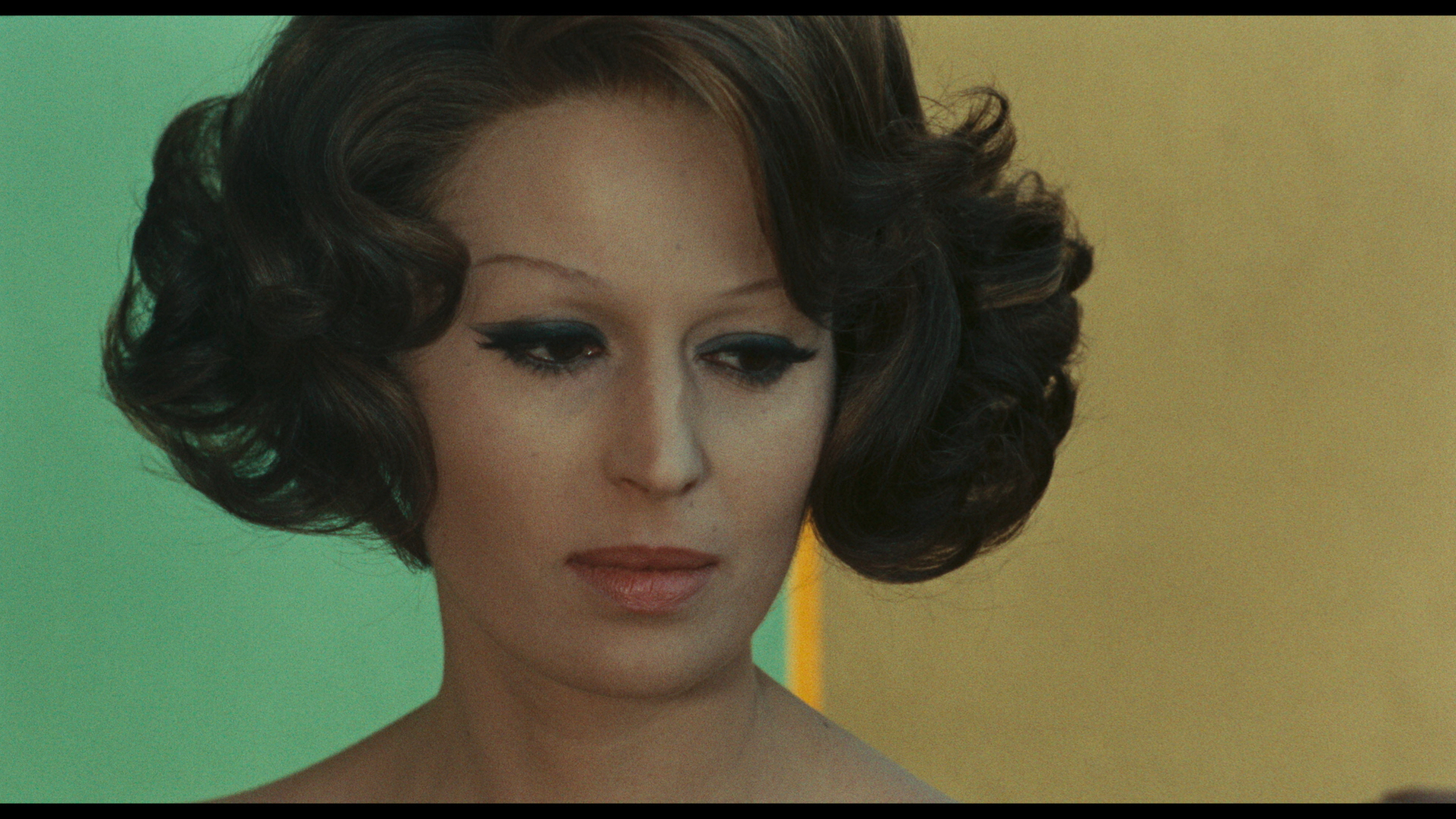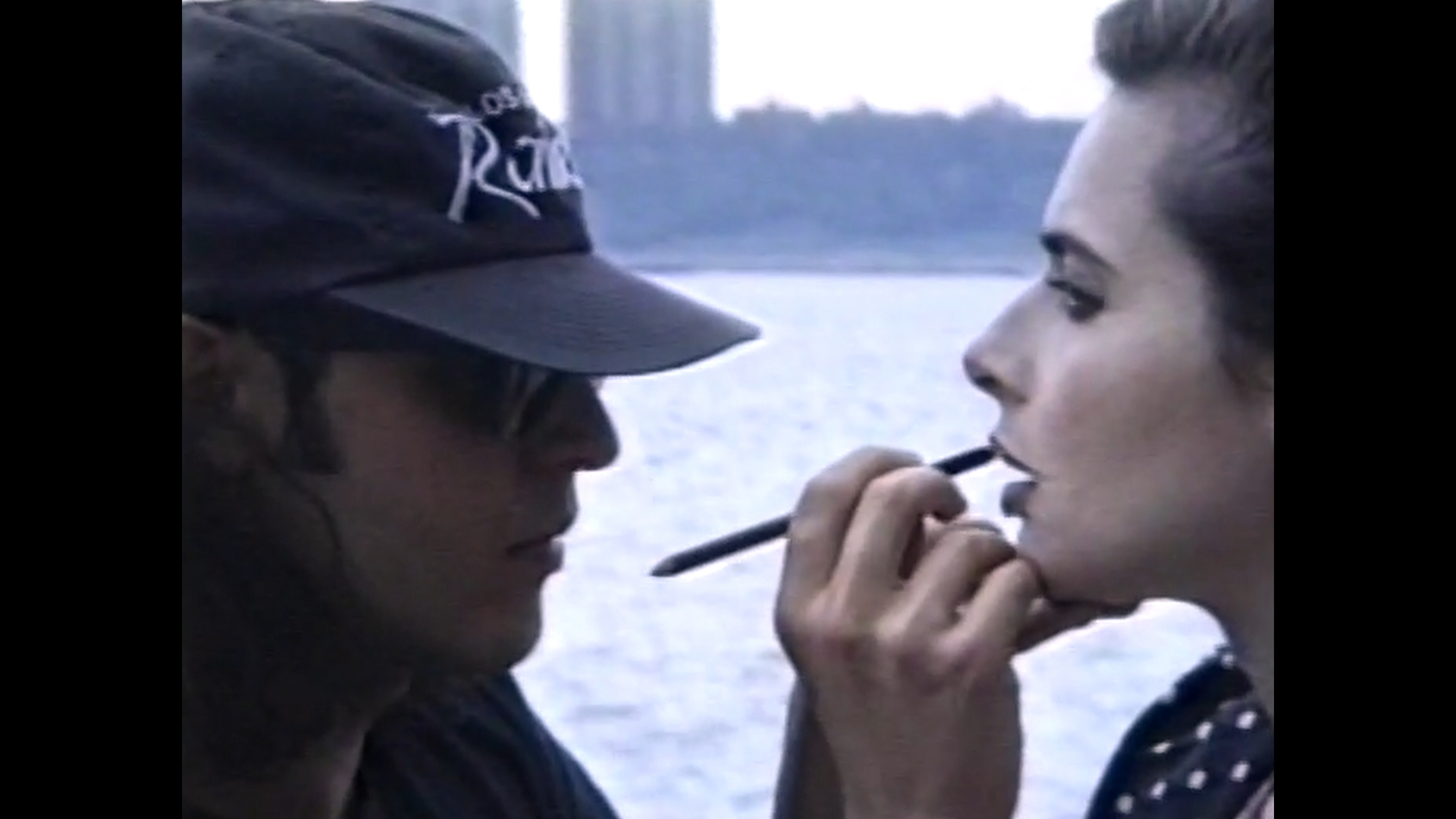
In any given makeup bag, you’ll find a piece of Nars Cosmetics. With its boldly minimalist tone and sleek packaging—unchanged since its inception in 1994—its products are instantly recognisable. On the other hand, its founder remains somewhat of a mystery to many.
There’s not a lot on the internet about François Nars. In most photos of the enigmatic figure, who resides as a creative force in the company, he is masked in sunglasses, usually flanked by the world’s most formidable creatives. But now, with the Lisa Immordino Vreeland-directed documentary Unknown Beauty, the artist’s world is intimately revealed in a technicolour dreamscape that is, to put it lightly, a feast for the eyes.
“The movie shows—as much as possible—my world of beauty,” Mr Nars tells me over some tea. “It’s what I love, what really built me over all the years since I was a kid.”
A gripping journey that pieces together some of his greatest inspirations, Unknown Beauty tethers the artist’s profound love of cinema, exploring how it has influenced his work as a makeup artist and photographer.
From Silvana Mangano to Charlotte Rampling (who happens to narrate the documentary), Mr Nars’ affinity towards the leading ladies of the silver screen he came of age with comes alive in Unkown Beauty. Like many of us, his captivation with beauty was born from a fascination with cinema and editorial work, where glamorous storytelling provided the ultimate escapism. And because of this, a shared sense of nostalgia permeates this creatively provocative film.
With narration and commentary from legendary muses and collaborators, merged with footage from Nars’ personal archive, the film isn’t your typical biopic in that it doesn’t trace a life so much but a mind.
Ahead of the launch of Unknown Beauty, GRAZIA sat down with the legend himself for a chat.
How would you characterise the visuals of Unknown Beauty?
It’s mostly my research of beauty, what I’ve always looked for, what I’m always looking for.
I don’t want to say extreme beauty, but really, something that strikes me is what pulls me in. I’m very eclectic in my taste—I like different kinds of beauties, you know, and different cultures playing together. I’m inspired by travelling and discovering new things that, in turn, contribute to my ideas of beauty.
You’ve painted and photographed some of the most iconic faces in the world, but you always give something different. What is it about a person that determines how you capture them?
The physical aspect is a big part. I can’t lie—you have to be drawn to something. But I must say, I probably take a better picture of somebody if I like their personality and soul. That’s part of the attraction. Their aura, their personality, and I think it translates on your face, too.
I’ve worked with exceptionally physically beautiful people—I won’t give you any names—that had zero personality and that I didn’t really enjoy working on. They were so beautiful, you know, visually, but what I’m really looking for comes from inside. When you feel like there is intelligence, that is very linked to beauty to me. Beauty is also not about perfect dimensions, you know. I always prefer an interesting face more than perfection. Sometimes it’s almost an awkwardness that I am drawn to.

Which time period was your favourite for its beauty?
I like many periods, but I definitely favour the 30s and the 70s. They actually share a lot in common. If I had to pick just one, though, it would be the 30s for the creativity, for the freedom, and the style of that period. It was right before the war, and such a time for indulgence, partying and hedonism. People seemed to have such a fabulous time. So I would have liked to probably live in that time. But not after. Unfortunately, there was a big wake-up call right after that era. But what an incredible time.
What makes ‘beauty’ in your eyes? And what do you mean when you say that it is something that can “never be known”?
I’ve been asked that many times, and it’s undefinable. I think personality is the most attractive quality for me in order to consider a person beautiful. I mean, I cannot say that person is beautiful, even if someone is very physically beautiful, if their personality is terrible or not nice.
Style is also very attractive to me—when people have their own and don’t rely on brands or logos. People who are comfortable in their own style are quite beautiful.
What are some of the creative projects you’re most proud of?
Nars. It’s hard to beat that. I’m very proud of having created the brand and of where it is today. It’s grown so much and become such a huge name in the industry all over the world. So, yeah, I’m extremely proud of that and that our product is only getting better and better.
For every launch, the vision is still extremely strong, and we’re constantly improving. We’re only getting bigger and bigger, and the quality is getting better and better. So, I’m very proud of that and our team.

You mentioned Unknown Beauty took three years to put together. Why was this?
First of all, the voiceovers. And then to put all the footage, both the films and my family movies. I mean, it’s so much to piece together. Plus, there are all the photographs, and it’s challenging to find specific documents, especially with some of our older references. It was a lot of work to dig it all up. I also travel a lot, as does Lisa [Immordino Vreeland], so collaborating took a lot of organisation—a lot of work, but also a lot of fun.
Will you be doing any more films?
It would be fun. Maybe Barbara and I can start working on short films. I would definitely do that because I don’t want to be too heavily involved, but working on small projects would be fun. I love taking pictures, so people know that about me and ask this of me, but I’d love to do more film.
What does your home film collection look like?
Oh my god, it’s gigantic. I don’t even know where to put them because I keep buying movies. Sometimes, I end up with three, four or five copies of the same movie because it then comes out in Blu-ray or HD 4K.
I have great drawers in my home that were made specially for movies. It’s like a library with DVDs—I love the DVD format.
Do you stream much?
I don’t know why everything today has to be digital, but there’s something nice about having a physical copy. Digital is great, but having books, paper, and physical material is my favourite. I’m a bit old-school, but I’ll be that way to the end.
I always think about my place in Tahiti. It’s out of the way, so I like knowing I can always play my movies even if we cannot receive anything. Wherever I am in the world, I love having my DVDs. As you can imagine, I did very well during the pandemic because I watch many movies anyway.
You can now watch ‘Unknown Beauty: François Nars’ on Apple TV here.
This story first appeared on GRAZIA International.
